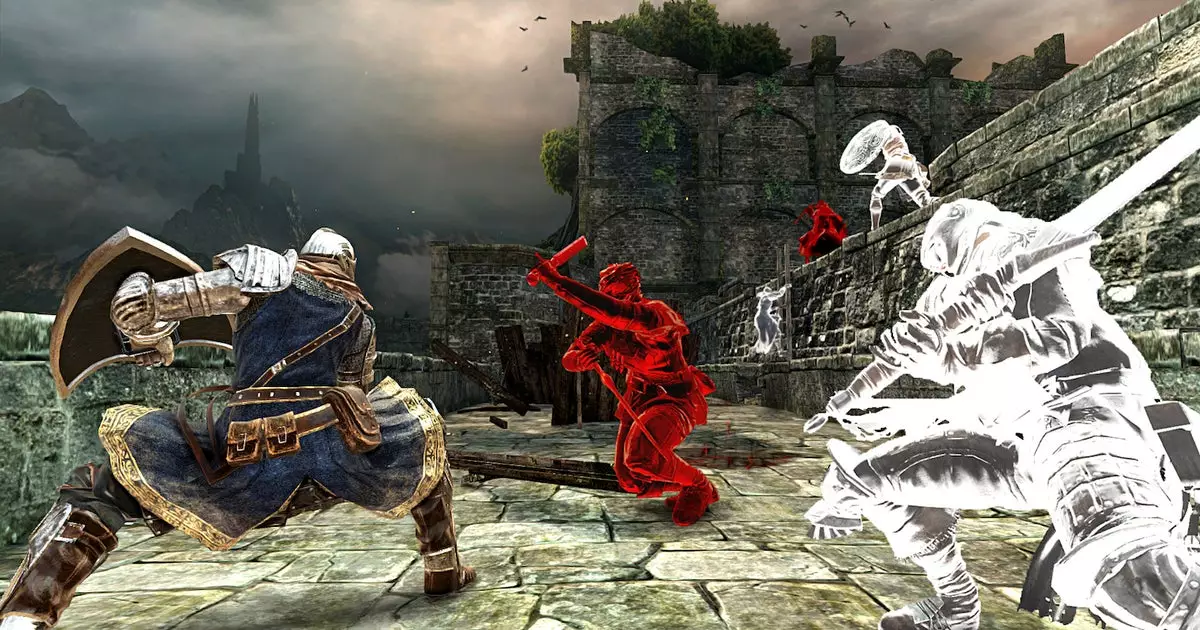In recent weeks, whispers have circulated regarding a substantial strategic move by Sony involving Kadokawa Corporation, a prominent entertainment conglomerate in Japan. For many outside of the gaming and anime fandom, Kadokawa might seem obscure until one realizes it is the parent company of major names like FromSoftware, best known for its “Dark Souls” series, and Spike Chunsoft. With growing anticipation and debate surrounding the future of certain franchises, particularly concerning exclusivity, Sony and Kadokawa have clarified their intentions by announcing a strategic capital and business alliance agreement, rather than a full acquisition.
Under the terms of the newly established agreement, Sony is set to invest approximately 50 billion yen into Kadokawa by acquiring over 12 million new shares, which will make Sony the largest shareholder in Kadokawa with about 10% of its shares. While Sony’s move stops short of a complete takeover, it signifies a notable shift in power dynamics. This collaboration is expected to lead to more frequent joint endeavors across various media formats, suggesting a bright future for content creators affiliated with either company.
Historically, both companies have found merit in working together—this partnership now formalizes and possibly deepens that relationship. The envisaged initiatives aim at a broader media mix, which includes adapting Kadokawa’s impactful intellectual properties into live-action films and television shows for global audiences, producing anime jointly, and amplifying the worldwide distribution of Kadokawa’s extensive anime catalogue.
One of the standout aspects of this alliance is the focus on intellectual property (IP) development. The potential for Kadokawa’s robust collection of stories and characters to be transformed into a broader array of media formats can only serve to enrich both companies. By bringing together Kadokawa’s established IP creation capabilities and Sony’s resources, the landscape for anime, gaming, and film could broaden significantly.
Statements from both Kadokawa’s CEO, Takeshi Natsuno, and Sony’s chief operational officer, Hiroki Totoki, reveal a shared vision of expanding Kadokawa’s media presence globally. Natsuno highlights that this strategic partnership will enhance Kadokawa’s creative capabilities and assist in disseminating its beloved IP to a wider audience—all under the umbrella of Sony’s vast network. This could signal an era where high-quality adaptations and collaborations transform beloved IPs into hits across various media, enhancing audience engagement worldwide.
An intriguing element of the partnership is the mention of “developing human resources to promote and expand virtual production.” In a time where technological advancements continue to shape the entertainment industry, this aspect could be particularly significant. Virtual production using LED technology allows filmmakers to create immersive environments in real-time, thus streamlining production processes and enhancing visual storytelling.
However, the vague language used in official reports leaves room for interpretation regarding the specifics of this initiative. Are we to expect training programs specifically targeting virtual production skills, or a broader strategy encompassing various digital mediums? While the potential here is enormous, clarity is needed as the companies move forward.
A Positive Outlook on Job Security
For stakeholders in both companies, the nature of this alliance is heartening. Unlike traditional mergers and acquisitions, which often lead to workforce reductions during post-merger adjustments, this agreement appears to prioritize stability. As of the latest reports, Kadokawa has 26 games under development—suggesting that the collaboration may bolster job security in the short term and encourage a productive work environment.
Ultimately, while it’s challenging to ascertain the long-term effects of this strategic alliance without knowing future projects, the tone of optimism from both Sony and Kadokawa suggests that this is a time of potential growth and innovation. In a global entertainment landscape that is continuously evolving, both companies are positioned to leverage their strengths to not only expand successful franchises but also introduce new content that captivates a diverse audience. The stakes are high, but with careful execution, the collaboration could yield exciting prospects for fans and creators alike.

